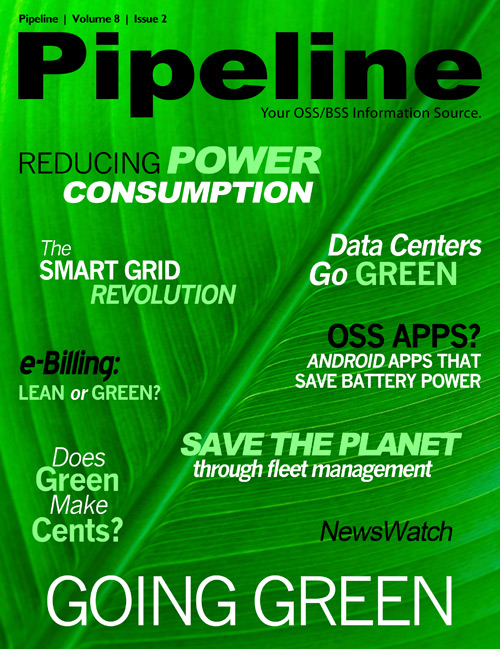Craplets and Bloatware
The term bloatware originated from desktop computing, when manufacturers pre-installed software on their machines. Oftentimes, this included useful programs like anti-virus software. In other instances, the installs were trial versions of programs that became angry salesmen as the end of the trial period approached, incessantly prompting the user to upgrade, or hijacking a browser's homepage. And in the worst case scenarios, pre-installed software—like Windows Explorer—became the foundation of lawsuits, as it pre-empted customer choice and gave an unfair advantage to the OS manufacturer. Hence the term bloatware, and its web-based cohort, the craplet.
In the mobile world, before the advent of smartphones and app stores, pre-installed software began as a way to differentiate product offerings, and every carrier had a custom portal for access to mobile web, music, and video. Every operating system was closed, and consumers accepted pre-installed software because it was the only game in town.
The smartphone revolution, and Android in particular, changed the game.
How Bloated is the Android World?
Android users face efficiency sapping bloatware on a level that would astound iPhone, Blackberry, and Windows Mobile users. Android user forums are, pardon the pun, bloated with complaints. There is a Facebook group titled, “Remove Android Bloatware” and there's even a website setup to enable and streamline complaints to the FCC (http://tellthefcc.appspot.com/). Here's a sampling of the type of posts in the Android forum world:
“I just bought the ****** 4G today. Love the phone, I think. Unbelievable how much bloatware is on it. Even more upsetting is the fact that I'm not able to remove it. First thing I did was install an app killer. Discovered all these apps seem to be turning themselves on; a lot. Not good. In fact I'm seriously considering giving it back. In addition to using up resources unnecessarily, these unwanted apps seem to have access to a lot of information on my phone and how I use it. I didn't sign up for this. It's my phone and I want it to operate efficiently and effectively.”
“I love the *****; however it is a battery parasite. These new Apps (that I will not use) just help to kill the battery faster.”
“Aside from a geeky desire to mod, I wanted to remove the bloatware that carriers and hardware manufacturers have added to Android and run a cleaner, faster version of the OS. I wanted to be in full control of my phone. “
The devices are obscured in the above examples because all the carriers are guilty of loading their Android devices with non-essential software, services, and media files.
A Wolf in Sheep's Clothing
Not all per-installed software can be considered bloatware, however. Some carriers bundle truly useful apps like Evernote or backup software with their phones. My phone came pre-installed with Photobucket, a great resource for sharing photos in the cloud. If I was a regular Photobucket user, this would be wonderful. But I'm not, and this creates several problems. First, I can't remove Photobucket without rooting my phone, and the program resides in the phone memory and cannot be moved to the storage card, which impacts my resource availability. Second, Photobucket is deeply integrated in my stock OS; every time I take a photo, I'm prompted to upload to Photobucket, and it periodically loads throughout the day and reports back to base. Does the app collect and share my data? I have no idea, because I never agreed to the apps permissions! And since I can't remove it, I'm stuck with a program that eats both my battery and hardware resources.





